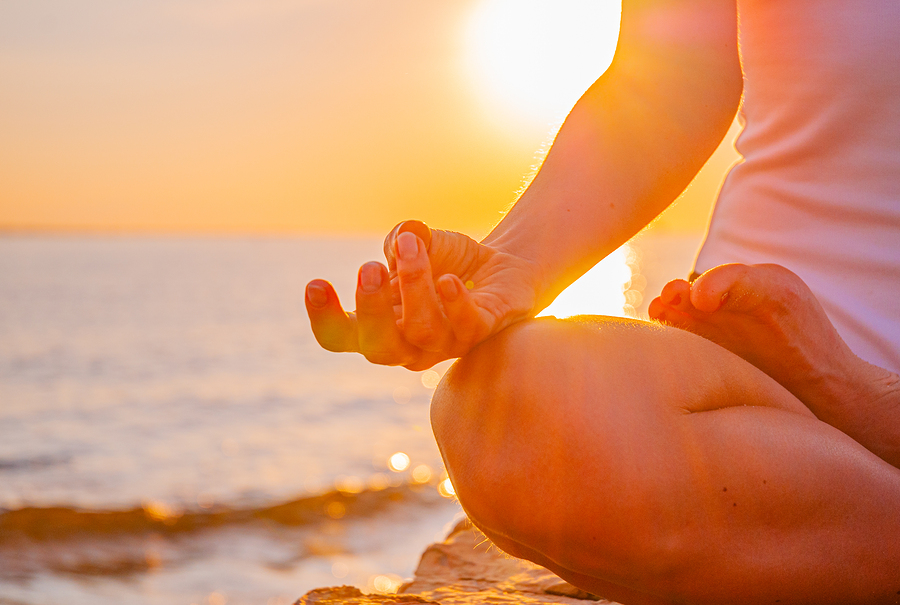
When you’re feeling less than 100%, consider taking a nap to reduce your stress and boost heart and brain health.
In our sleep deprived world, it’s important to make sure you get enough rest. Even more so now that we have a lot more stress going on. It’s harder now more than ever for many of us to get a restful night’s sleep.
According to the National Sleep Foundation, naps can be categorized into three areas:
Category number one is called planned napping
Planned napping is where you actually plan nap into your day when you know that you’re going to be staying up past your bedtime. A good example of this is if you’re going to be out later past your bedtime or maybe you may want to stay up and binge watch your favorite new show on Netflix
Category number two is called emergency napping
Emergency napping comes in handy when you find yourself tired and you just can’t keep working or continuing with the activity that you are involved with. An example of a good time to take an emergency nap is if you find yourself super tired while driving or working on a project that requires a lot of concentration.
Or maybe you just find yourself in a funk and having a hard time getting out of it.
Category number three is called habitual napping.
Habitual napping is where you take a nap at the same time each day. Many countries adopt this kind of napping as part of their culture. Think of a siesta.
Here, in the United States, habitual napping might be putting your child down for an afternoon nap or making a choice to include a nap as part of your daily routine.
According to a recent study published in the BMJ journal where they measured 3462 subjects of a Swiss population based cohort with no previous history of heart disease and the found that subjects who nap once or twice per week have a lower risk of heart disease.
The good news is that according to the study, you do not need to take a daily nap to benefit your heart.
Other studies have also shown that taking a short nap works better than reaching for another cup of caffeine when it comes to improving your motor skills, verbal memory, and perceptual learning.
As it turns out, even a small nap has its benefits, but its length will determine the benefits you’ll experience.
Here is what you can expect when you nap:
- 20-minute nap: Will boost your mental alertness, memory, and motor learning skills.
- 20 to 30-minute nap: Fires up your creativity and your memory
- 30 to 60-minute nap: Improves up your decision-making skills and memory
- 60 to 90-minute nap: The most beneficial nap type as it helps you get REM sleep. It helps you restart your brain, and enhances your problem-solving skills.
That 60-90 minute nap is one you want to build into your day if you are having trouble getting a full night’s sleep.
How does napping help reduce stress?
For one thing it will boost your mood. When you sleep, your brain uses this time to process your emotions And according to WebMD when you cut your sleep short you end up having more negative emotions and fewer positive ones.
Think of napping and sleep as helping you to reset the button especially when you’ve had a bad day because it helps you 2 process those emotions which will in turn improve your outlook and be better prepared tomorrow to meet any challenges that may arise.
So next time you feel out of sorts or not getting enough shut eye, consider napping. It’s not only good your body, it’s good for your frame of mind!







